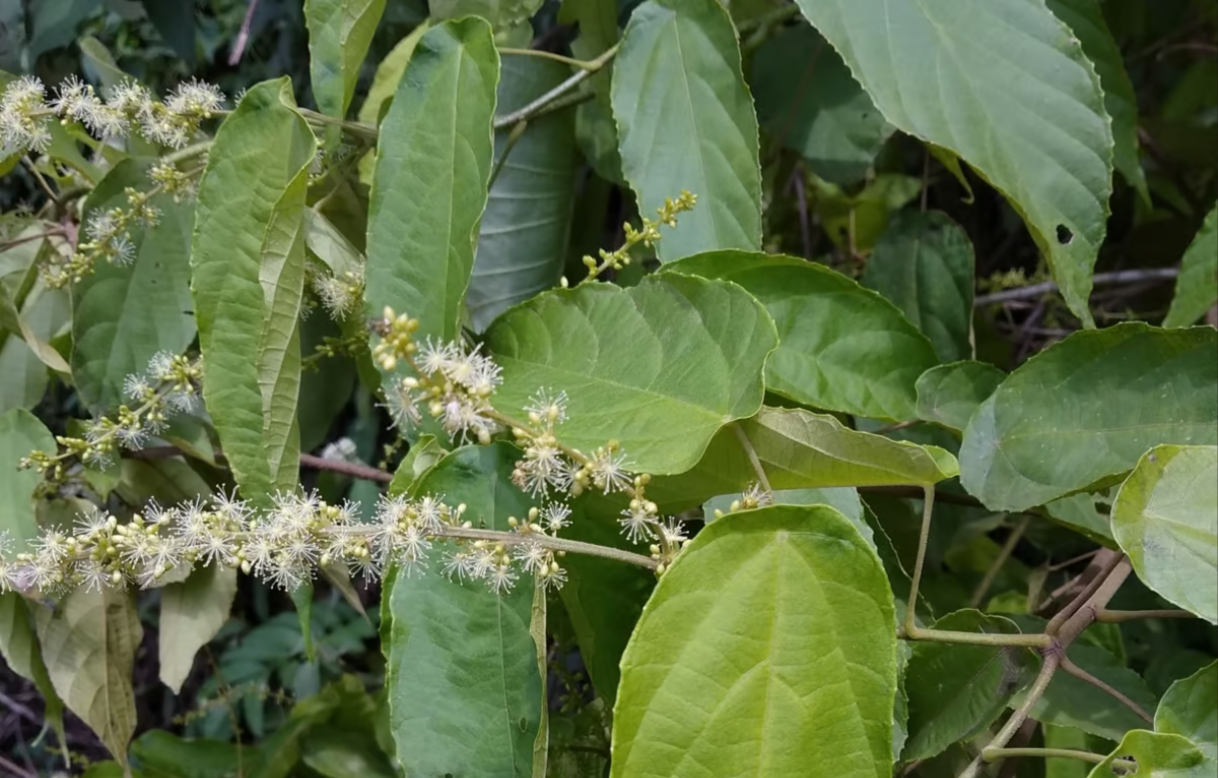Tropical plant displays remarkable obesity fighting abilities
Obesity, the silent pandemic of our times, acts as a precursor to numerous lifestyle diseases like diabetes and hypertension.

[Aug. 5, 2023: Staff Writer, The Brighter Side of News]
Studies have been conducted is by putting oxytocin in a nasal spray and attempting to shoot it directly toward the brain. (CREDIT: Creative Commons)
Obesity, the silent pandemic of our times, acts as a precursor to numerous lifestyle diseases like diabetes and hypertension. This alarming health crisis is sweeping across the globe, emphasizing the need for innovative and efficient solutions. An innovative research, spearheaded by Osaka Metropolitan University, may offer a glimmer of hope.
The World Health Organization has continually identified obesity as a major public health concern, and for a good reason. The condition doesn't just threaten individual health; it places immense strain on health systems and economies globally. As the scale of the obesity crisis has swelled, so has the demand for inventive solutions to curb it. Enter Associate Professor Akiko Kojima and her multi-institutional research team from the Graduate School of Human Life and Ecology at Osaka Metropolitan University.
Exploring Mallotus furetianus: A Potential Solution
In their relentless pursuit for a solution, Professor Kojima's group has turned to nature. Their object of study, Mallotus furetianus (MFE), a tropical plant indigenous to Hainan Island in China.
Though previous studies spearheaded by the group explored the plant extract's preventive effects on fatty liver, it was the profound antiobesity potential of MFE that remained a mystery. Until now.
Related News
Using specialized obesity model mice, the team embarked on an exhaustive research journey. They aimed to unearth the antiobesity potential of the MFE extract, and the outcomes were nothing short of remarkable.
Promising Results
The results painted an encouraging picture. Treatment with MFE extract led to a significant decline in both body weight and adipose tissue weight of the obesity model mice.
But what caught the scientists' attention was the transformative morphological alterations in the liver and adipose tissue of these mice. These weren't just superficial changes; they signaled a profound disruption in the underlying mechanisms of fat synthesis.
Mallotus furetianus, a tropical plant of the Euphorbiaceae family, native to Hainan Island, China. (CREDIT: Akiko Kojima, Osaka Metropolitan University)
Delving deeper into the mechanisms at play, the team discerned that the MFE extract stymied fat synthesis. It achieved this by inhibiting the expression of several pivotal transcription factors that orchestrate adipocyte differentiation.
A Potential Dietary Revolution
Professor Kojima, expressing her enthusiasm, remarked, “Our research group is searching for food ingredients with antiobesity effects, based on the idea that if we can find and incorporate them into our daily diets, we can contribute to people's health and longevity.”
Effects of MFE on morphological changes in mouse livers. Liver specimens were stained with H&E staining. (CREDIT: Wiley)
The promising results of the study don't just underscore a potent correlation between Mallotus furetianus extract and antiobesity effects, but they spotlight its potential to revolutionize our diets. If harnessed correctly, this extract could serve as a groundbreaking food ingredient with potent antiobesity attributes.
Towards a Healthier Future
In an era where quick fixes and fad diets are dime a dozen, the discovery of MFE's antiobesity properties offers a science-backed, natural alternative. While further studies are paramount to validate these findings in human subjects and understand potential side effects, the initial results are undeniably promising.
Effect of MFE on TG accumulation of 3T3-L1 preadipocytes. Intracellular TG was stained by the Oil Red O staining method. Oil Red O staining was performed 8 days after the initiation of differentiation. (CREDIT: Wiley)
As scientists like Professor Kojima and her team continue to explore nature's arsenal for health solutions, it is evident that the answers to some of our most pressing health dilemmas might just be hidden in plain sight. This study not only illuminates a potential path to address obesity but also reaffirms the importance of interweaving traditional knowledge with cutting-edge science in our ongoing quest for holistic health solutions.
With the global health community's attention riveted on these findings, the world waits in eager anticipation. If these results can be replicated and scaled, we might be on the cusp of a significant breakthrough in our collective fight against obesity.
Keywords: obesity, health crisis, Mallotus furetianus, MFE extract, Professor Akiko Kojima, Osaka Metropolitan University, fatty liver, antiobesity effects, transcription factors, adipocyte differentiation, food ingredients, health, longevity, natural solution.
For more science news stories check out our New Innovations section at The Brighter Side of News.
Note: Materials provided above by the The Brighter Side of News. Content may be edited for style and length.
Like these kind of feel good stories? Get the Brighter Side of News' newsletter.
Joseph Shavit
Head Science News Writer | Communicating Innovation & Discovery
Based in Los Angeles, Joseph Shavit is an accomplished science journalist, head science news writer and co-founder at The Brighter Side of News, where he translates cutting-edge discoveries into compelling stories for a broad audience. With a strong background spanning science, business, product management, media leadership, and entrepreneurship, Joseph brings a unique perspective to science communication. His expertise allows him to uncover the intersection of technological advancements and market potential, shedding light on how groundbreaking research evolves into transformative products and industries.



